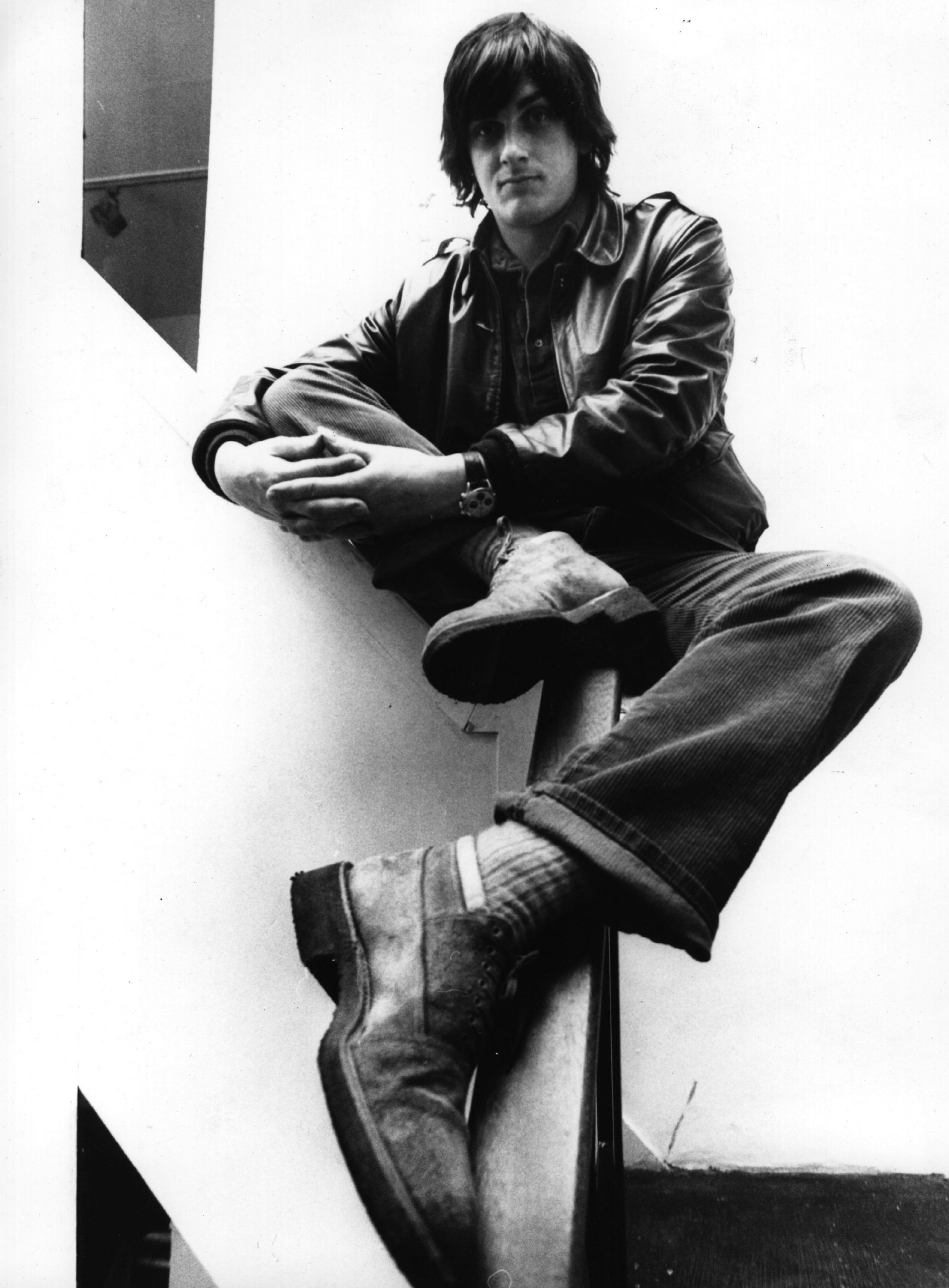
The paradox is that, back in the 1970s when I desperately wanted to be Mike Oldfield, I didn’t even like Mike Oldfield.
Or rather, I did, but I wasn’t prepared to admit it. At our elite, direct-grant school in the centre of Birmingham, the cool thing to do was to champion music that was off the beaten track. If I had been really cool I’d probably would have been into reggae or northern soul, but my preferred bands were white, nerdy and esoteric. Many of them (such as Henry Cow, and Hatfield and the North) were signed to Richard Branson’s Virgin Records, a label whose profitability was founded entirely upon one album: Tubular Bells, by Mike Oldfield. Its tinkly, complex instrumentalism wasn’t at all far removed from the bands I adored, but I distanced myself from it: too commercial, too well known, too popular.
And yet, when I started to write my own music a few years later, I sounded pretty much like Mike Oldfield. I used two cassette decks, bouncing tracks back and forth so that there could be three or four of me, playing guitar and keyboards with myself and building up layers of harmony and counterpoint.
Unfortunately, by the time I started getting any good at it, it was the middle of the 1980s and this kind of music was completely out of fashion. Even Mike Oldfield didn’t have much luck being Mike Oldfield in the 1980s. Meanwhile, I formed a band and had a stab at conquering the music world that way, but never stopped writing and recording my own, more introspective, more personal tunes on the side.
But I realised my ambition in the end. Nowadays anyone can release an album, of course, and the distillation of all those years of effort, a 50-minute oeuvre called Unnecessary Music, sits quietly on Spotify under my own name. Every year, my royalties from streaming come to a less-than-Oldfieldesque £1.50 or so. Better than nothing, you say? Yes, maybe. But I have a strong suspicion that the person doing most of the streaming is me.
This article is from our “Road not taken” series






